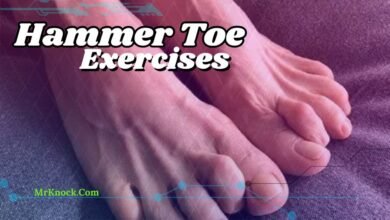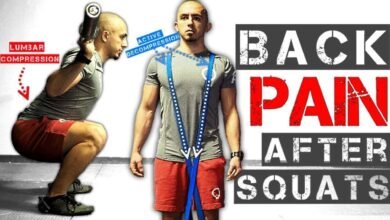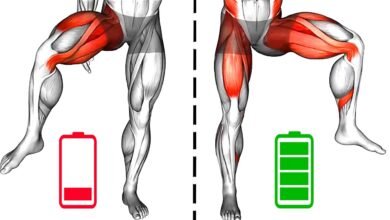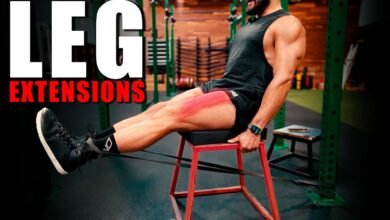Hip Internal Rotation Exercises: Relieving Pain
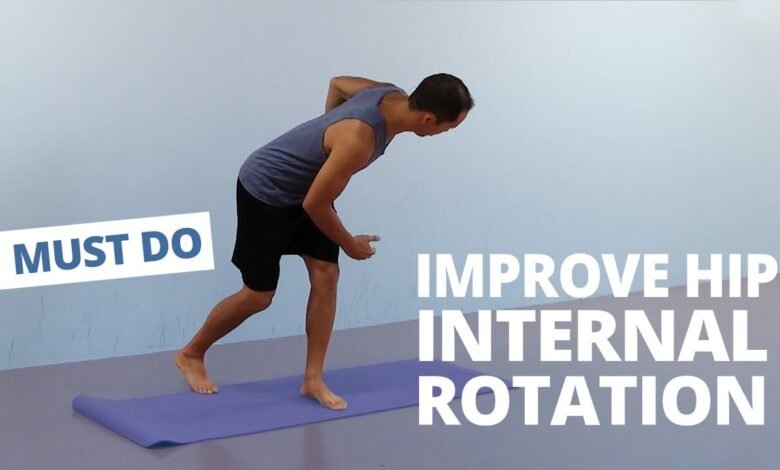
Hip Internal Rotation Exercises are vital motions that regularly go omitted until soreness or pain arises. Whether you’re an athlete, a table worker, or a person primarily in a usually sedentary way of life, maintaining healthful hip internal rotation is critical for standard well-being. This article explores the significance of hip internal rotation and common problems individuals face and affords an in-depth guide to powerful sporting activities for unlocking flexibility and reducing aches.
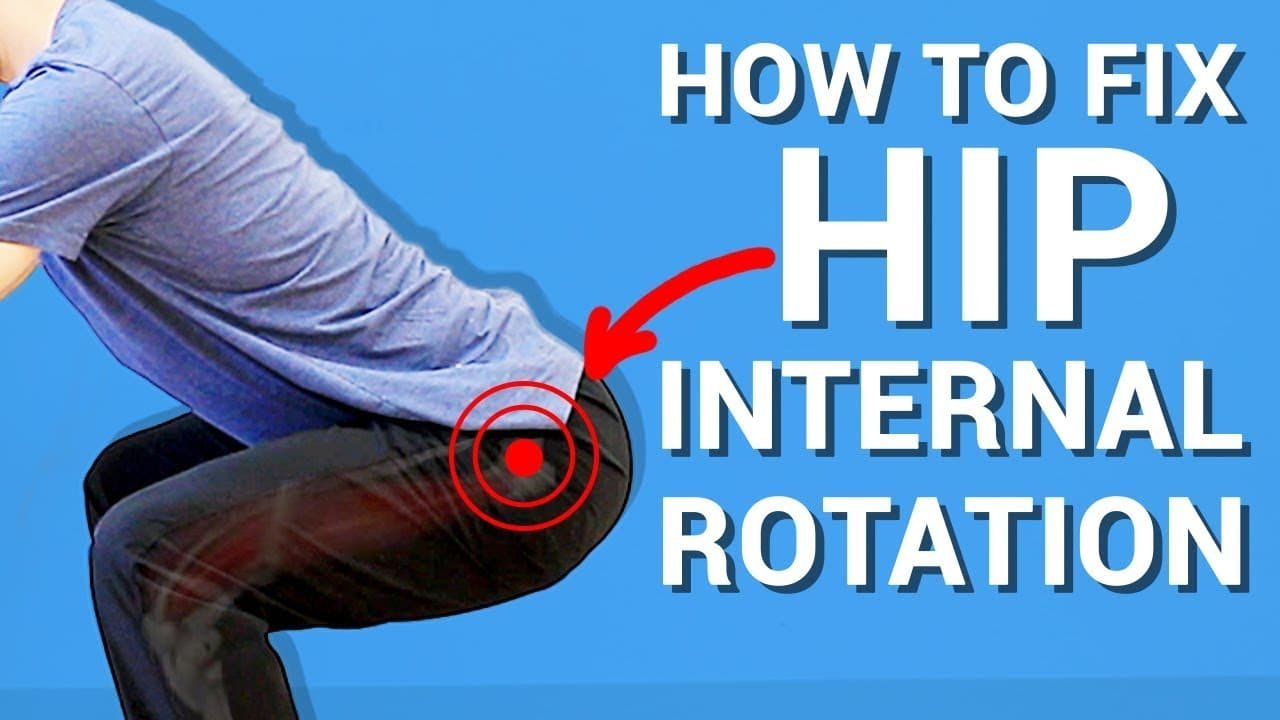
The Importance of Hip Internal Rotation
Understanding the importance of hip inner rotation is the first step closer to prioritizing its maintenance. This motion entails the rotation of the thigh bone (femur) inward toward the body’s midline. Proper hip internal rotation is vital for various sports, which include taking walks, jogging, or even sitting without problems.
Common Issues with Hip Internal Rotation
Lack of Mobility
One of the most typical troubles humans face is a loss of hip mobility. Prolonged periods of sitting, a characteristic of many modern-day existents, can contribute to stiffness and reduced range of motion within the hips. It can negatively impact everyday sports and cause soreness—hip Internal Rotation Exercises.
Tightness and Pain
Tightness within the hip muscle tissue, particularly outside rotators and adductors, can result in aches and soreness. This tightness can include poor posture, muscle imbalances, or previous accidents.
Advantages of Hip Internal Rotation Exercises
Incorporating hip inner rotation physical activities into your recurring can provide myriad blessings, selling each bodily and mental well-being.
Improved Mobility and Flexibility: Targeting the muscle groups with hip inner rotation complements flexibility, considering smoother and extra motion.
Reduced Risk of Pain and Injury: By addressing tightness and enhancing the range of movement, those sporting events can assist in lessening the risk of hip and decrease lower back pain, as well as the capability for injury during bodily activities.
Enhanced Athletic Performance: Athletes can take advantage of stepped forward hip inner rotation drastically because it contributes to better ordinary decrease body electricity, stability, and efficient motion mechanics.
Better Posture and Alignment: Proper internal rotation of the hip performs a role in maintaining exact posture and alignment, definitely impacting the complete musculoskeletal system.
Practical Hip Internal Rotation Exercises
Sitting Internal Rotation Stretch
Sit on the floor with your legs prolonged.
Cross one ankle over the alternative knee.
Press the crossed knee towards the floor until you feel a stretch inside the hip.
Hold for 30 seconds, then switch facets.
Supine Internal Rotation Stretch
Lie for your return with each knee bent and feet flat on the floor.
Cross one ankle over the alternative knee.
Use your hand to gently press the crossed knee away from your frame till you experience a stretch within the hip.
Hold for 30 seconds, then switch facets.
Standing Internal Rotation Stretch
Stand tall with toes hip-width aside.
Cross one leg over the alternative, setting the ankle above the knee.
Hold for 30 seconds, then switch facets.
Quadruped Internal Rotation Stretch
Begin to your palms and knees in a tabletop role.
Slide one knee ahead, positioning it between your fingers.
Lower your hips closer to the floor while keeping your return immediately.
Hold for 30 seconds, then transfer aspects.
Advanced Hip Internal Rotation Exercises
Pigeon Pose
Start in a plank function.
Bring one knee towards the same-aspect wrist and slide the foot closer to the opposite hip.
Lower your body onto the ground, feeling a deep stretch in the hip.
Hold for 30 seconds, then switch aspects.
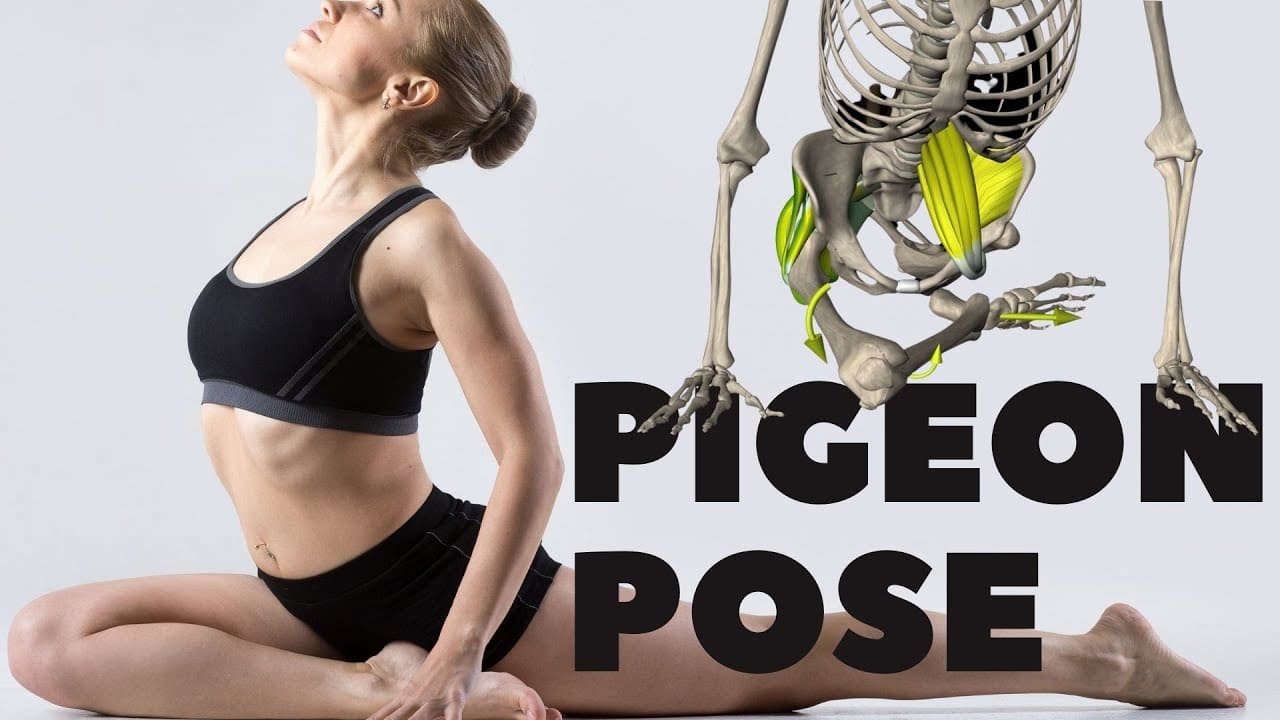
Thread the Needle Stretch
Begin on your arms and knees in a tabletop position.
Thread one arm beneath the opposite arm, achieving toward the opposite facet.
Lower your shoulder and head to the ground, feeling a stretch within the hip and upper back.
Hold for 30 seconds, then transfer sides.
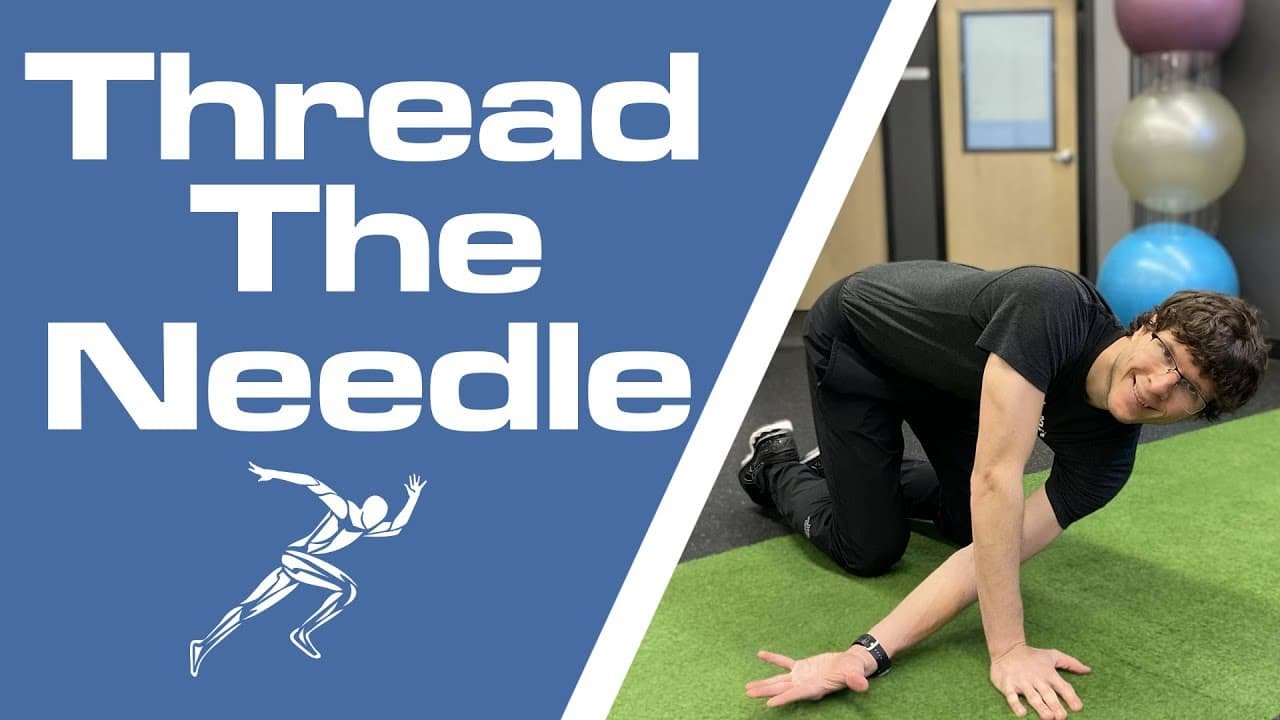
Frog Stretch
Start in a tabletop role with your knees wider than hip-width aside and your feet flexed.
Slowly decrease your hips closer to the floor, feeling a stretch inside the internal thighs and hips.
Maintain for 30 seconds, then dismiss.
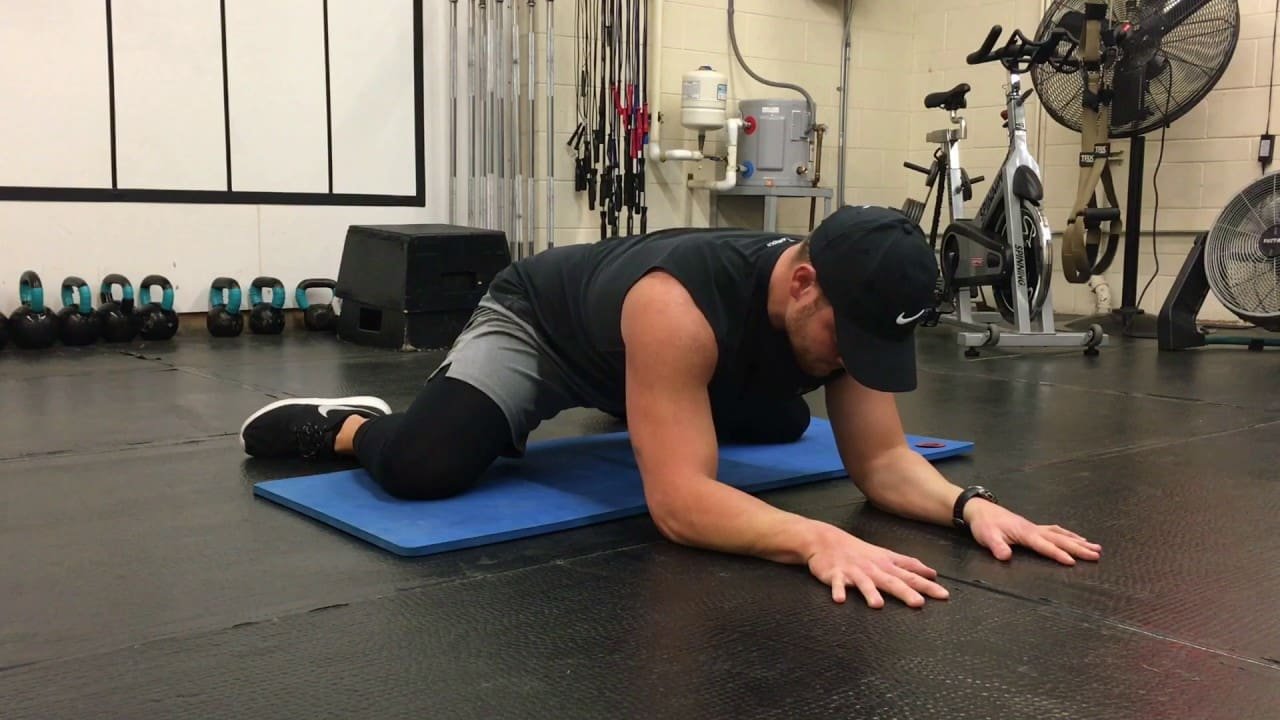
Combining Hip Internal Rotation Exercises into Your Practice
To maximize the advantages of hip inner rotation sporting events, remember to integrate them into your fitness routine. Here are some hints:
Consistency is Key: Aim to perform those sports 3-four times per week for the most advantageous effects.
Warm-Up First: Perform a mild heat-up before beginning these sporting events to prepare your muscle groups.
Listen to Your Body: Avoid pushing into aches all through stretches. Gradually, the intensity and period over the years.
Precautions and Tips
Individualized Approach: Consult a healthcare expert if you have underlying clinical situations or issues.
Avoid Overstretching: Although experiencing some pain is normal, avoiding sharp or excessive pain is essential.
Progress Gradually: Regularly increase the intensity and duration of stretches to save you damage.

Conclusion
Prioritizing hip internal rotation is a small but impactful step closer to average fitness and nicely-being. By incorporating these sports into your habitual and paying attention to proper shape and method, you may unencumber extra flexibility, reduce aches, and decorate your standard first-class existence—hip Internal Rotation Exercises.
FAQS:
Can hip inner rotation sporting activities assist with lower returned pain?
Enhancing hip mobility can alleviate strain on the decreased back and decrease related aches.
Are there any contraindications for hip inner rotation exercises?
Individuals with hip injuries or medical situations must seek advice from a healthcare professional before performing those physical activities.
Should I feel an ache throughout hip inner rotation stretches?
While you may feel some discomfort, you have to by no means push into sharp or intense ache. Ease off if you feel any pain past a mild stretch.
How long ought I keep every stretch?
Aim to keep each stretch for 30 seconds to allow the muscles to loosen up and prolong correctly.


